The death of Pope Francis in April 2025 moved faithful around the world and opened the path to a new conclave — the secret gathering where the cardinal electors choose the next leader of the Catholic Church. But who are the favorites to become the new pope? Which names appear most frequently among Vatican watchers and Church analysts?
In this article, you will discover the main candidates for the papacy, their profiles, visions, and what each one represents for the future of the Church.
What Is a Conclave?
The conclave is the formal and secret procedure that takes place after the death or resignation of a pope. Held in the Sistine Chapel, it brings together up to 135 cardinals under the age of 80, who vote until a candidate reaches a two-thirds majority. The new pope is then announced to the world with the traditional white smoke.
1. Pietro Parolin – The Vatican Diplomat
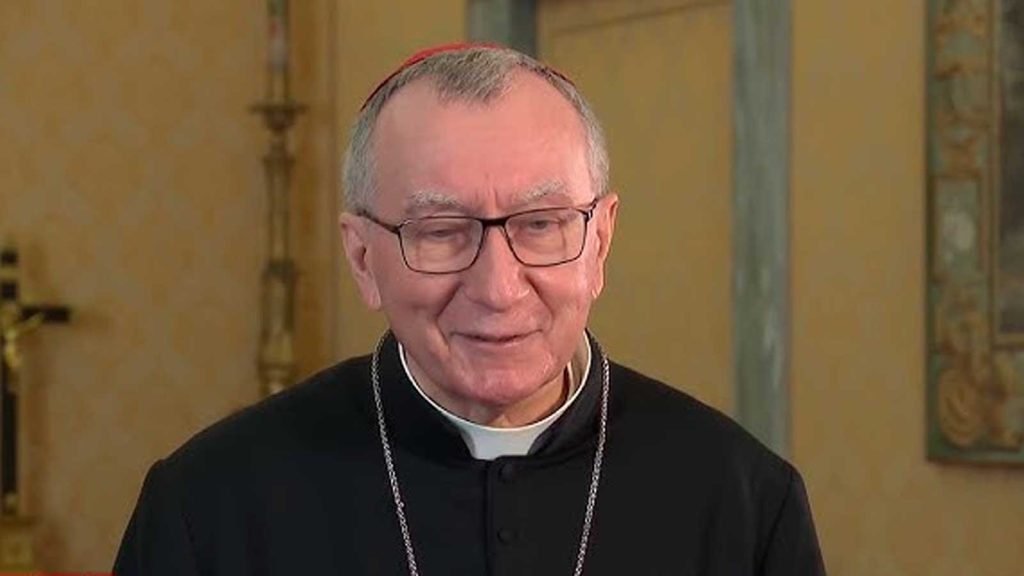
Nationality: Italian
Position: Vatican Secretary of State
Profile: Moderate, experienced and institutional
Parolin is one of the most influential figures within the Roman Curia. With vast diplomatic experience and direct involvement in international negotiations, he is viewed as a continuity candidate, able to maintain stability and dialogue with governments and other religions. He is respected for his prudence and political skill.
2. Matteo Zuppi – The Progressive Pastor
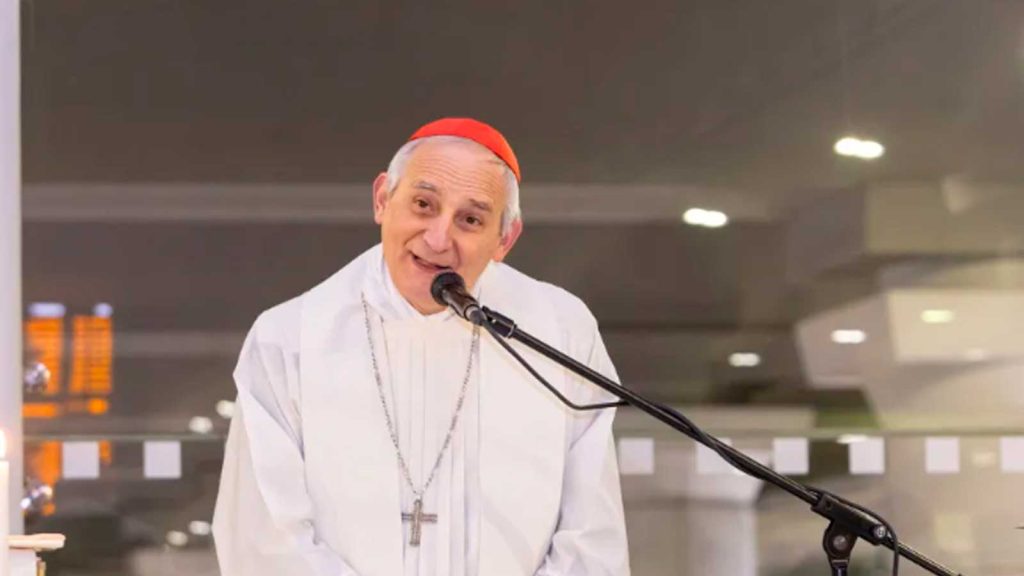
Nationality: Italian
Position: Archbishop of Bologna
Profile: Welcoming, socially engaged and close to Francis’s style
Zuppi has stood out for his work with marginalized communities and for promoting dialogue among different cultures and religions. His closeness to ordinary people and his social-justice initiatives make him a strong name among those who want to deepen the pastoral approach begun by Francis.
3. Luis Antonio Tagle – Asia’s Evangelizer
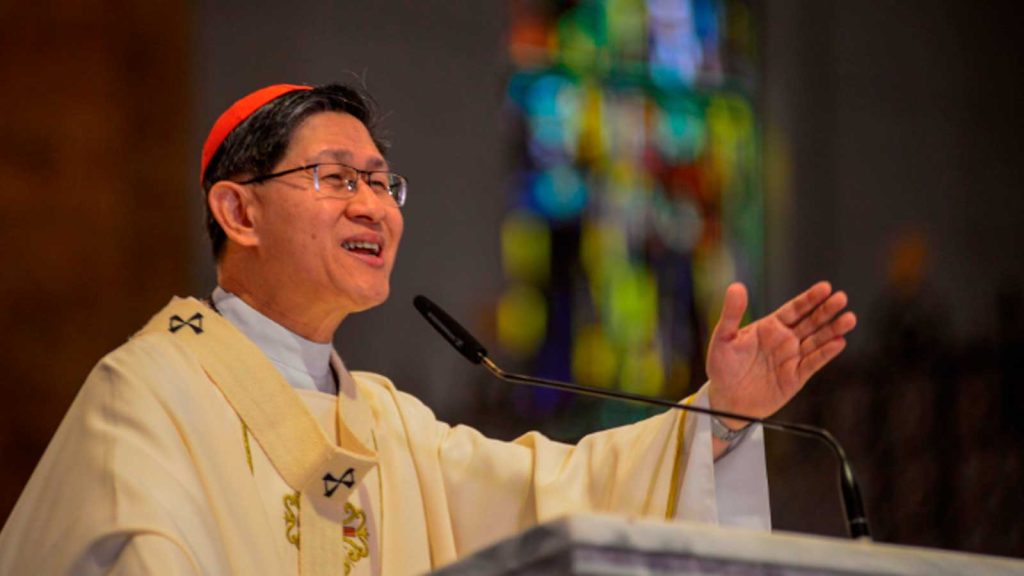
Nationality: Filipino
Position: Pro-Prefect of the Dicastery for Evangelization
Profile: Humble, global and missionary
Tagle is a popular and charismatic figure in the Church. His election would mark a historic milestone: the first Asian pope. Known for his easy smile and moving sermons, he is seen as a symbol of a more missionary Church, close to the poor and the peripheries.
4. Robert Sarah – The Guardian of Tradition
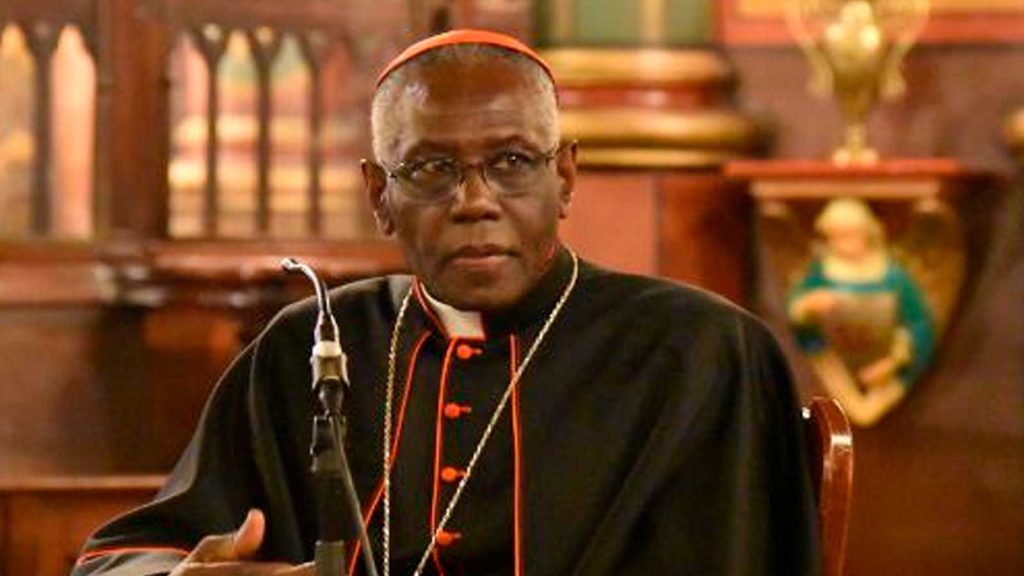
Nationality: Guinean
Position: Former Prefect of Divine Worship
Profile: Conservative, profound and firm
Sarah is a reference point for Catholics who defend liturgical and doctrinal tradition. He represents the most traditionalist wing of the Church, often critical of the reforms proposed in recent pontificates. His election would signal a stricter turn in Church governance.
5. Jean-Marc Aveline – The Advocate of Dialogue
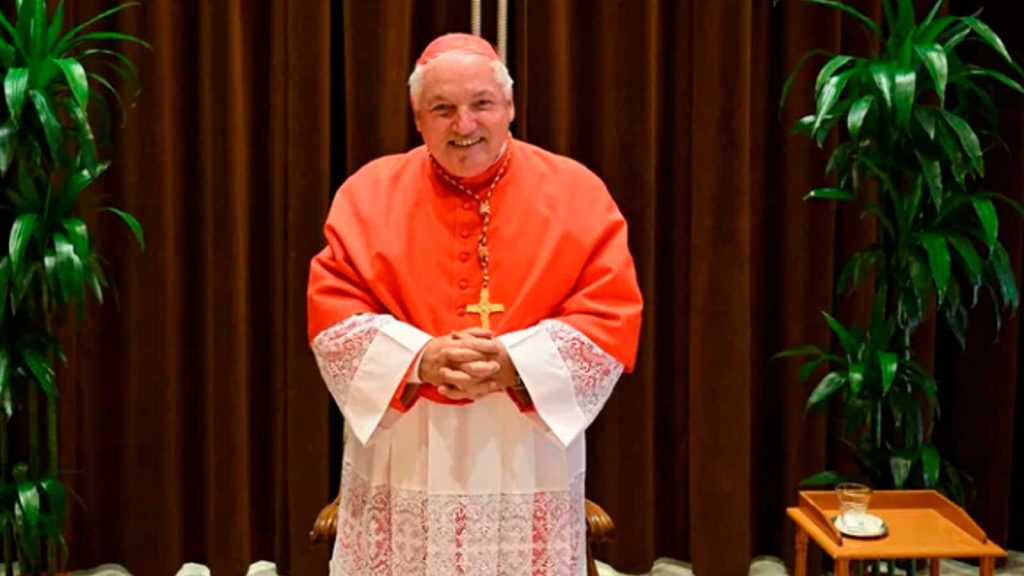
Nationality: French
Position: Archbishop of Marseille
Profile: Open, interreligious and sensitive to immigration
With strong advocacy for dialogue with Islam and migrant communities, Aveline is recognized as a modern and socially aware name. His election would show the Church’s commitment to contemporary issues such as cultural integration and human rights.
6. Péter Erdő – The Discreet Theologian of Eastern Europe
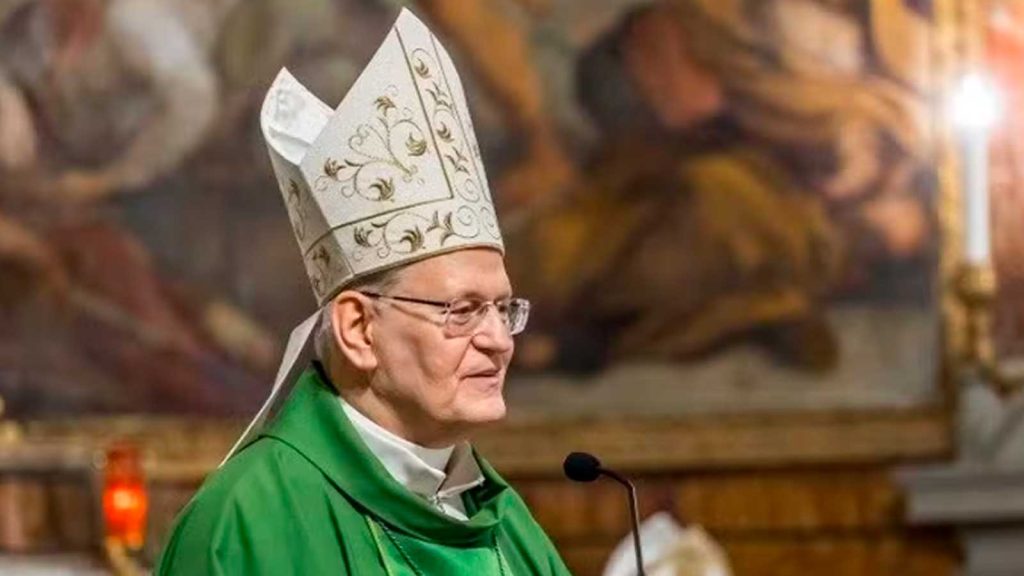
Nationality: Hungarian
Position: Archbishop of Esztergom-Budapest
Profile: Intellectual, traditional and respected
Erdő is a strong figure in Central Europe and has been mentioned in previous conclaves. His profile is more reserved, with a solid academic background. He is seen as a possible consensus pope, able to unite opposing camps within the Church with balance.
7. Pierbattista Pizzaballa – The Voice of Jerusalem
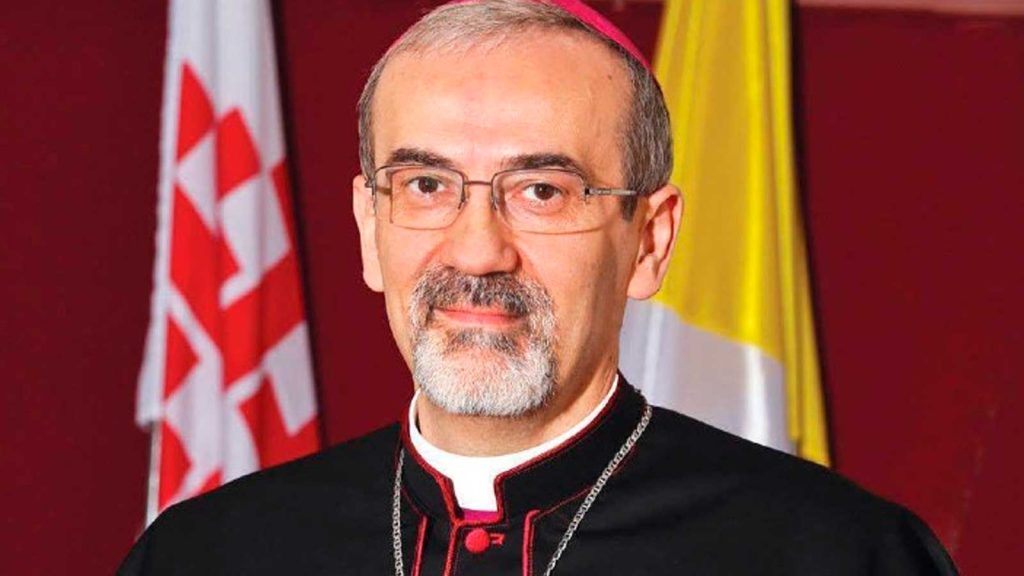
Nationality: Italian
Position: Latin Patriarch of Jerusalem
Profile: Diplomatic, ecumenical and close to real-world conflicts
Pizzaballa carries out a challenging mission in the Middle East, fostering dialogue among Christians, Jews and Muslims. His humanitarian work during conflicts in Gaza and his defense of Christian rights make his name relevant, especially for those who want a Church promoting interreligious peace.
8. José Tolentino de Mendonça – The Intellectual Pope?
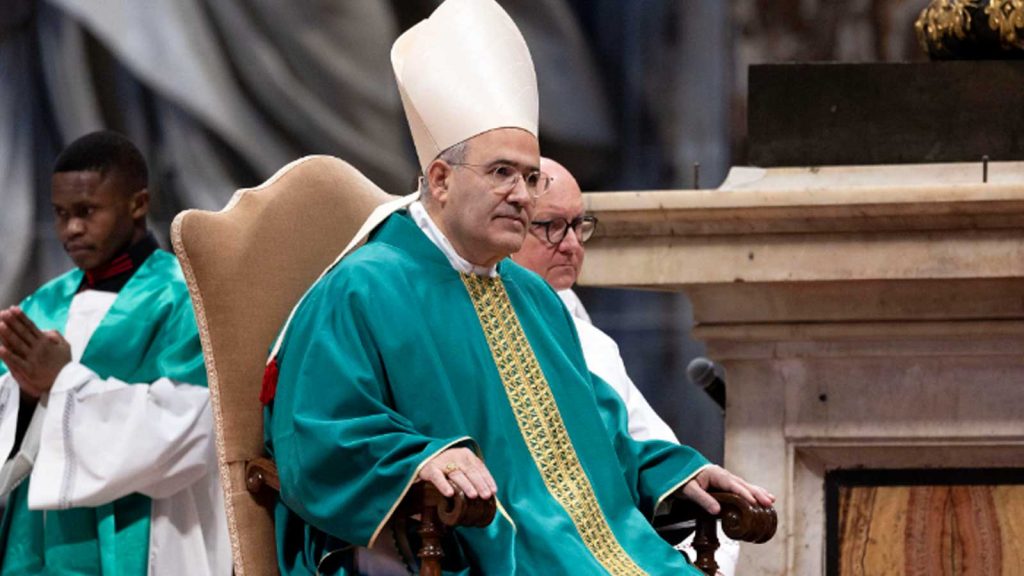
Nationality: Portuguese
Position: Prefect of the Dicastery for Culture and Education
Profile: Poetic, contemporary and progressive
Tolentino is a poet, theologian and one of the most cultured voices in the Curia. He is considered a possible pope for an era of reflection and cultural dialogue, especially in an increasingly secular world. His election would indicate a Church oriented toward culture and new languages of faith.
Other Names Mentioned
Besides the main names, other cardinals also appear frequently in discussions:
- Marc Ouellet (Canada): has been mentioned in previous conclaves; conservative and influential.
- Mario Grech (Malta): Secretary of the Synod of Bishops; pastoral profile focused on the Church’s future.
What Could Decide the Choice of the New Pope?
The cardinals’ decision in the conclave goes far beyond names — it expresses the direction the Church wishes to take in the coming years. Several central factors may strongly influence this choice:
🔁 Continuity or Renewal?
Will the new pontiff represent continuation of Francis’s legacy, with a pastoral focus, openness and social reforms? Or will he be seen as a response to internal voices calling for a return to more traditional stances and greater doctrinal rigor? This tension between the “new” and the “conservative” may set the Church’s course.
🌍 Global Representation
Geopolitics and cultural diversity are also at stake. Electing a pope from Africa, Asia or Latin America — regions where Catholicism is growing most rapidly — would send a strong message of openness to the world. The Church may choose a leader who reflects its truly global dimension, going beyond the traditional European axis.
🤝 Pastoral Closeness or Doctrinal Firmness?
Another key point will be the personal profile of the new pope: will the cardinals seek someone with charisma, dialogue skills and a pastoral presence close to the people? Or will they prefer a firm theologian, a guardian of doctrine focused on preserving the faith’s tradition? The answer may reveal much about the challenges the Church intends to face in the near future.
Conclusion: Who Will Be the New Pope?
Knowing who the favorites to become the new pope are is more than betting on names: it means understanding the currents, desires and tensions within the Catholic Church. The new pontiff will have the mission of guiding more than 1.3 billion faithful amid historical, social and spiritual challenges.
Whether through continuity, change or renewal, the choice will say much about what the Vatican envisions for the future of faith in the world.
READ ALSO:
- Curiosities About Historical Conclaves: Behind the Scenes of the Most Unusual Papal Elections
- How Is a New Pope Elected: Understand the Conclave, the Smoke, and All the Details
- Pope Francis: Funeral Confirmed – What Happens Now?
FOLLOW US ON FACEBOOK